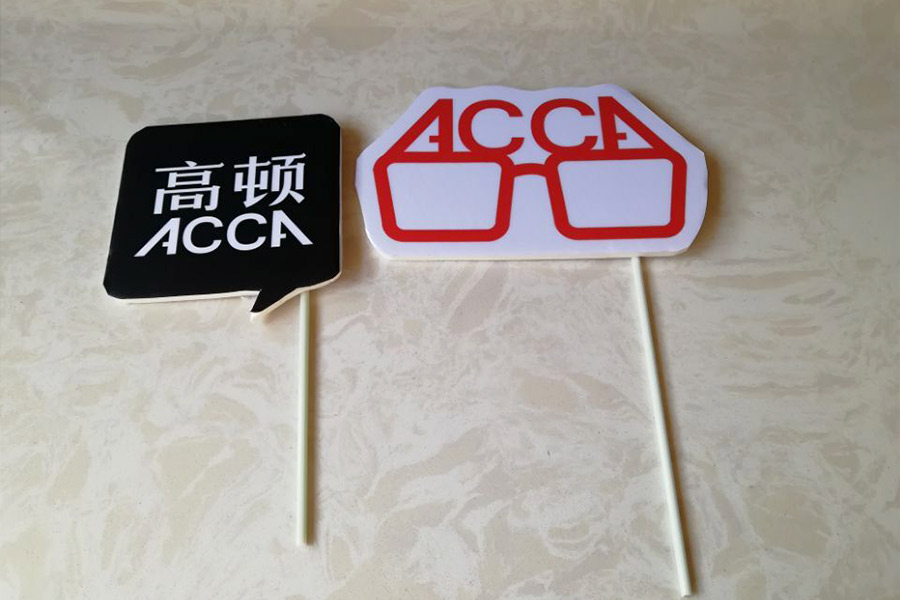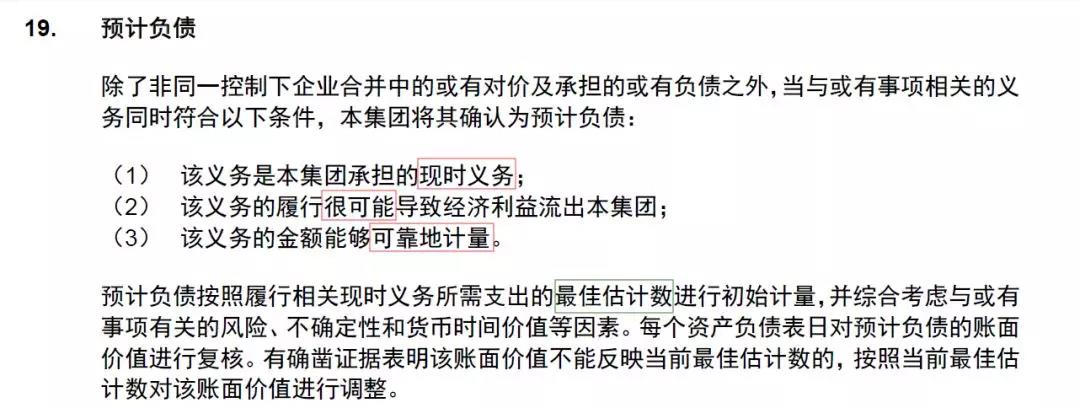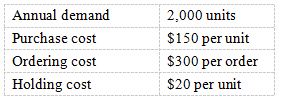ACCA - How to prepare for Paper P5
摘要:【高顿ACCA小编】2015年 ACCA 考试即将开始,我们将第一时间公布考试相关内容,请各位考生密切关注高顿ACCA,预祝大...
【高顿ACCA小编】2015年ACCA考试即将开始,我们将第一时间公布考试相关内容,请各位考生密切关注高顿ACCA,预祝大家顺利通过ACCA考试。今天为大家带来的是ACCA - How to prepare for Paper P5
Here are some suggestions how to prepare for Paper P5:
Paper P5 does assume knowledge from Paper F5.
If you did not take Paper F5 (because of the change of syllabus) then you do need to work through the F5 topics (use the Course Notes available on OpenTuition).
If you did take Paper F5, then make sure you revise the topics!
You do not need to work through variances (chapters 12 & 13 of the F5 Course Notes) because P5 does not ask calculations on them.
Transfer Pricing (chapter 17 of the F5 Course Notes) is important in general, but not too likely for the June 2010 exam, because it was asked in December’s exam.
Performance Measurement (chapters 14, 15, 16 and 18 of the Paper F5 Course Notes) is particularly important – something from this is always asked in Paper P5 exams.
Limiting Factors and Pricing (Chapters 6 and 7 of the Paper F5 Course Notes) are very unlikely to be asked in Paper P5.
Risk and Uncertainty (Chapter 9 of the Paper F5 Course Notes) is not something that is often asked in P5, but it has not been asked for a while and so is worth studying for this times exam.
1.There are not many extra ‘learning’ topics for P5. However do work through the P5 Course Notes on OpenTuition – particularly Economic Value Added (part of chapter 8 of the P5 course Notes) and Predicting and Preventing Corporate Failure (chapter 12 of the P5 Course Notes). Note, however, that you cannot be asked numbers questions on Corporate Failure – you can only be asked to discuss it.
2.You will have already have taken the Paper P3 exam (or be taking it this time). Do be aware that he often asks essay parts of questions relating to what you learned for P3, and so do not be frightened of using your P3 knowledge. Chapter 1 of the Paper P5 Course Notes is a short summary of the more important areas from P3.
3.An extremely common question in Paper P5 involves the preparation of profit statements (usually budget and actual) where the arithmetic involved is relatively easy but where there is a lot of information to deal with under time pressure. Do make sure you practice questions of this type (an example is question HLP from the June 2007 exam).
4.Do make sure you have read all the articles from Student Accountant by the examiner – Shane Johnson. He regularly asks questions that are effectively covered by his articles.
5.Do work through as many past exam questions as you can. The examiners style is very consistent, and very many questions are similar to questions that he has asked previously.
Assuming that you have a Revision Kit, then obviously the more questions you attempt the better, but the most important ones are those that are actually past real exam questions (both from Advanced Performance Management, and from the ‘old’ syllabus Performance Management exam – it was the same examiner).
Make sure you can cope with the numbers and that you are fast with the numbers, but also do spend time on the written parts of the questions. There are an awful lot of written marks in the examination and the best way of learning for those parts is to study the examiners answers.
The reason that Paper P5 gives problems for many students is that the examiner assumes knowledge of most of the topics that are examined at Paper F5, although these are not specifically mentioned in the syllabus.
Because of the change in syllabus few years ago, many students have not taken Paper F5 but took Paper 2.4 instead. In addition, many students escaped Paper 2.4 and Paper F5, because they had taken Paper 2.1, which exempted them from Paper F5!!!
Although there is a large written part to the exam, there is also a substantial amount of ‘numbers’.
The best way of preparing for the exam is:
– work through the relevant topics of the Paper F5 syllabus (see below)
– read the Student Accountant articles written by the examiner (Shane Johnson). (He was the examiner under the previous syllabus, and all his articles remain relevant.)
– practice as many questions as possible from BPP or Kaplan Revision Kits (especially those marked as being from previous Paper P5 or (old syllabus) Paper 3.3 examinations).
本文由高顿ACCA编辑整理,转载请注明出处
本文由高顿ACCA编辑整理,转载请注明出处






